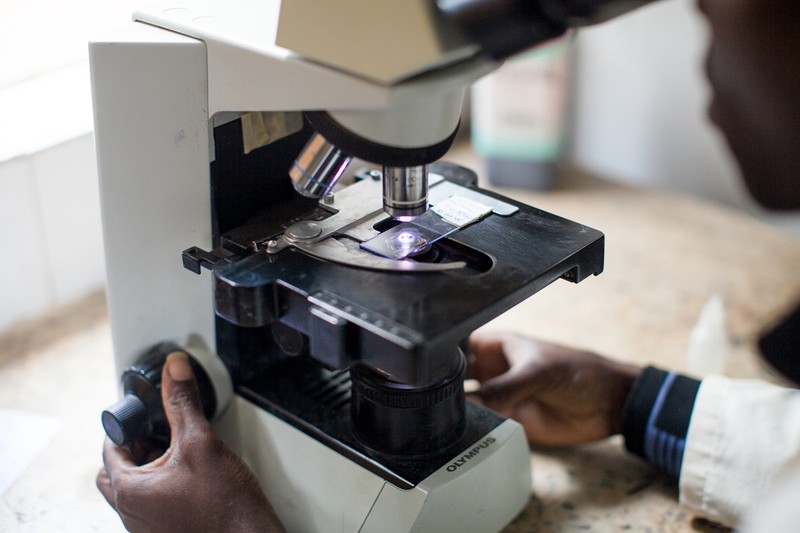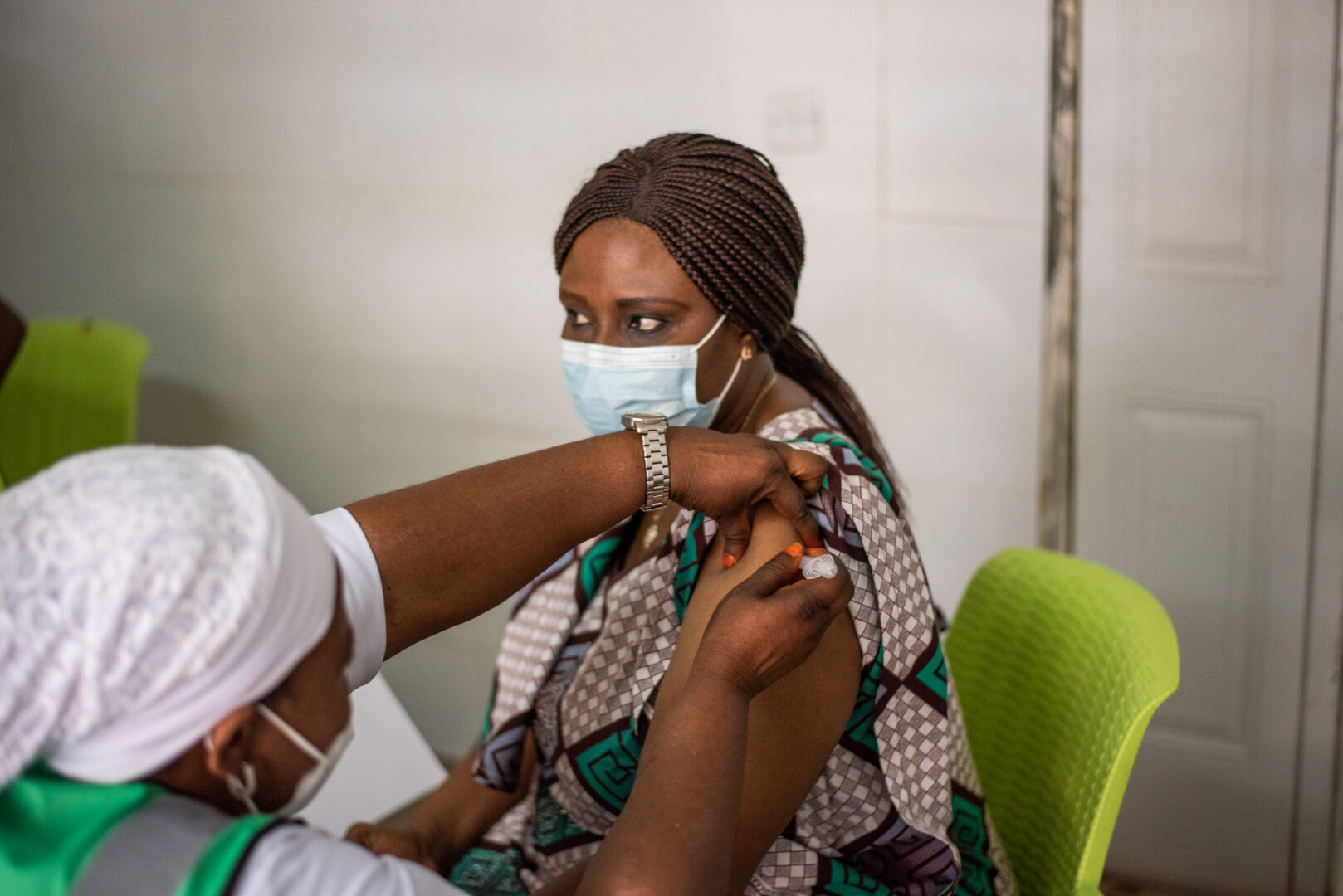As we open the start of our third second month from home here in Seattle, we are settling in to our “new normal.” Yet, the world we are living in is anything but “normal.”
We are living through extraordinary times. We may be adjusting, adapting, and learning. Some of us are creating and innovating. Many others are coping, hurting, and grieving. As we look ahead , we are all hoping for glimmers of “normal” on the horizon. Some of those glimmers are showing up in acts of generosity across our social media feeds, news headlines, and with our families and communities.
These extraordinary times have been matched by extraordinary acts of community. From cargo loads of protective equipment to carefully hand-sewn masks to the clanging of pots and pans in support of everyone on the front lines, acts of compassion are abundant. At Gates Philanthropy Partners, we are recipients of that generosity. In just over a month, we have received more than $3.4 million in donations. Contributions have doubled since my note in April.
We are grateful for the trust you put in our team to efficiently and effectively support organizations around the world. We take our commitment to you seriously.
Last week Gates Philanthropy Partners provided $2.4 million to two grantee partners focused on diagnostic tests for COVID-19.
As we are all hearing from experts around the world, having the tools and laboratory capacity to test people and diagnose COVID-19 is critical to answering questions about this disease. Ideally, every community would have access to the full range of testing in order to provide a more accurate picture of who is sick. Data from those tests would provide the backbone for government to understand how prevalent the virus is in a community and make decisions about how, when, and where to re-open.

We also know that healthcare systems around the world need to factor in a variety of issues as testing is rolled out. What works for our city of Seattle will differ from what is needed in Addis Ababa, Ethiopia. The size of the population, types of housing and how people live together, levels of training to administer the test, transportation needed to get tests to labs, and the capacity of those labs all need to be considered.
The need for diagnostic tests around the world is quickly bumping up against the available supply of testing materials and chemicals — many of which require global supply chains — as well as the speed of manufacturing. Initial estimates suggest that 12–21 million tests per week will be required for sub-Saharan Africa alone, which is far beyond current production capacity. Laboratories in many countries must also be rapidly scaled up to process the volume of tests administered without significant lag time — otherwise decision-making is dependent on weeks-old data.
Gates Philanthropy Partners’ two newest grantees are focused on increasing the number of tests that can reach low-income countries.
Charité is a university hospital in Berlin Germany that has developed and supplied diagnostic test kits and reagents to Africa, Asia, and partners around the globe. Our grant of $1.2 million will enable broader distribution of these critical tools in sub-Saharan Africa. Charité also serves as the reference hub for the European-African initiative for COVID-19 diagnostics and epidemiology (AfriCoV-ID), which is a multinational, public-private initiative that provides training and diagnostic tools to African labs.
Mologic is a UK-based biotechnology company and manufacturer of rapid diagnostic tests. Our grant of $1.2 million is supporting the manufacturing of their rapid diagnostic test at a fair price. Mologic also aims to use its expertise to provide training for partners in low-income countries that currently have limited diagnostics capacity.
Testing will certainly be part of our “new normal.”
We need to continue to ramp up diagnostic testing capacity around the world in order to understand where the virus is and how many people are infected. As our partner, we deeply appreciate that you are joining us at the forefront of funding new research, training, and manufacturing that will allow decision-makers, public health experts, and healthcare providers — particularly in low-income countries — to glean new insights from expanded testing.
Thank you for being the partner in Gates Philanthropy Partners.

